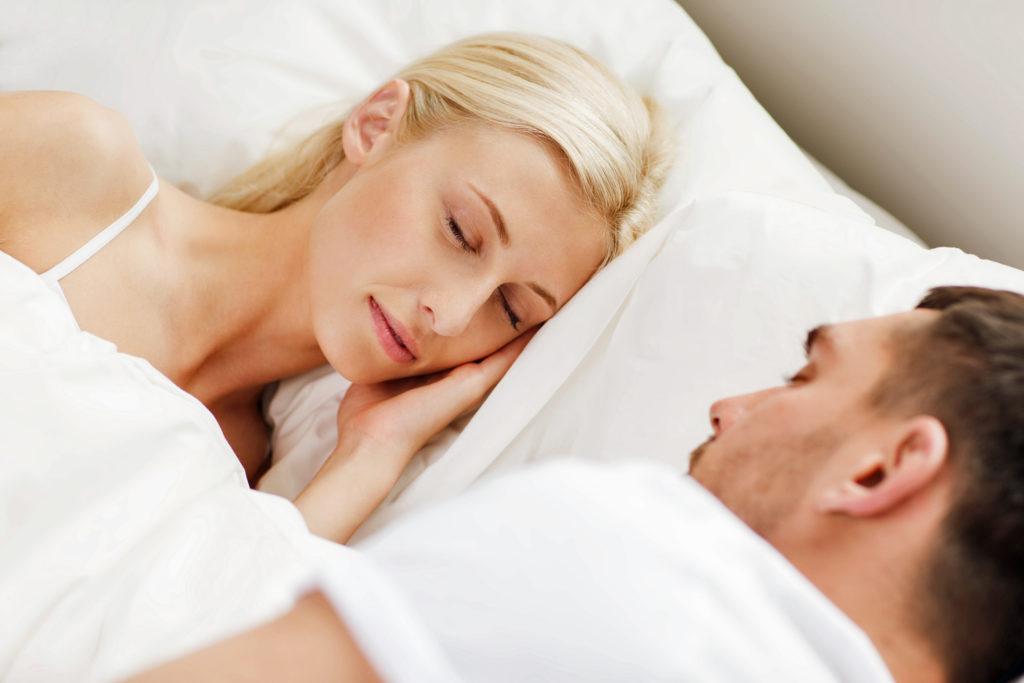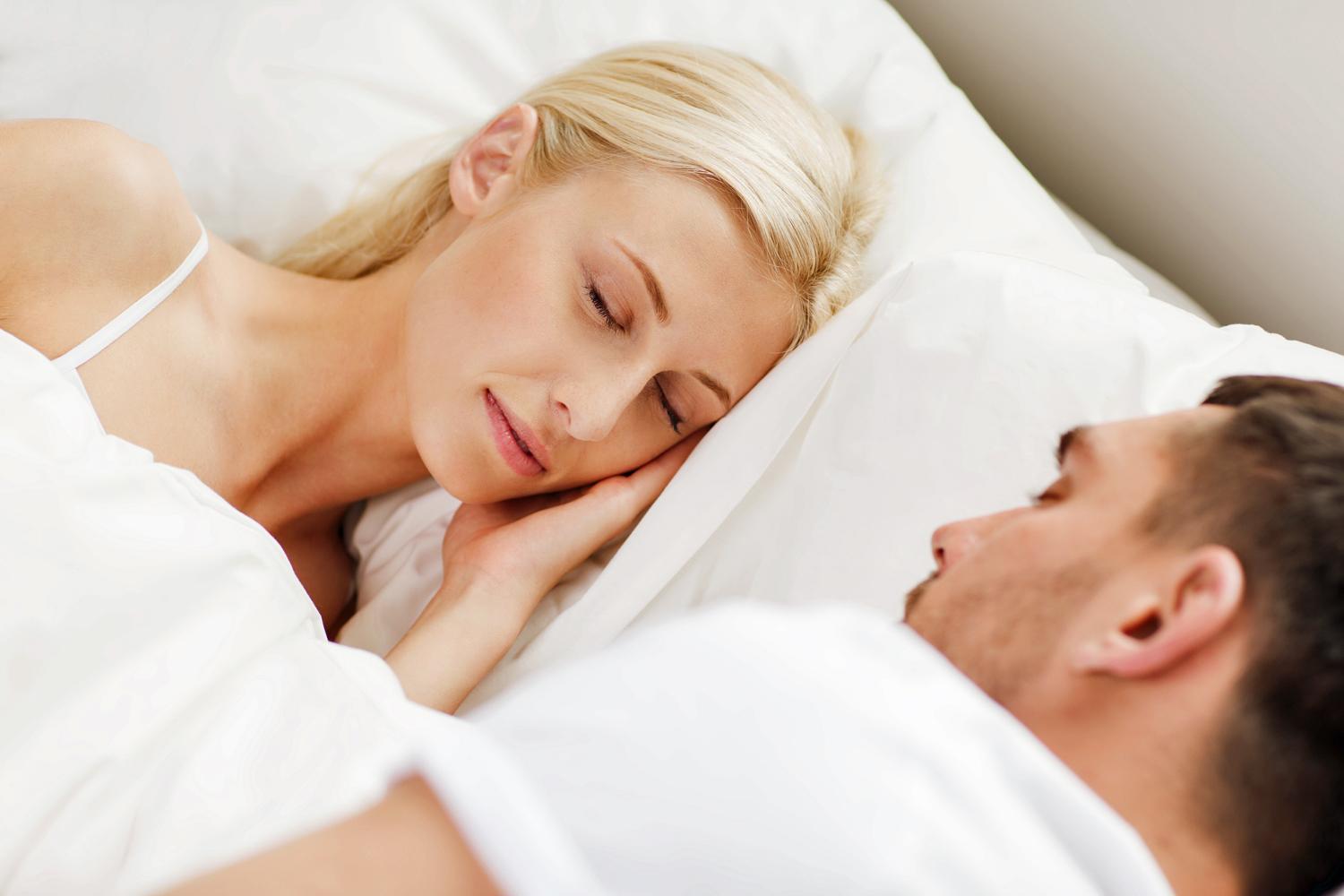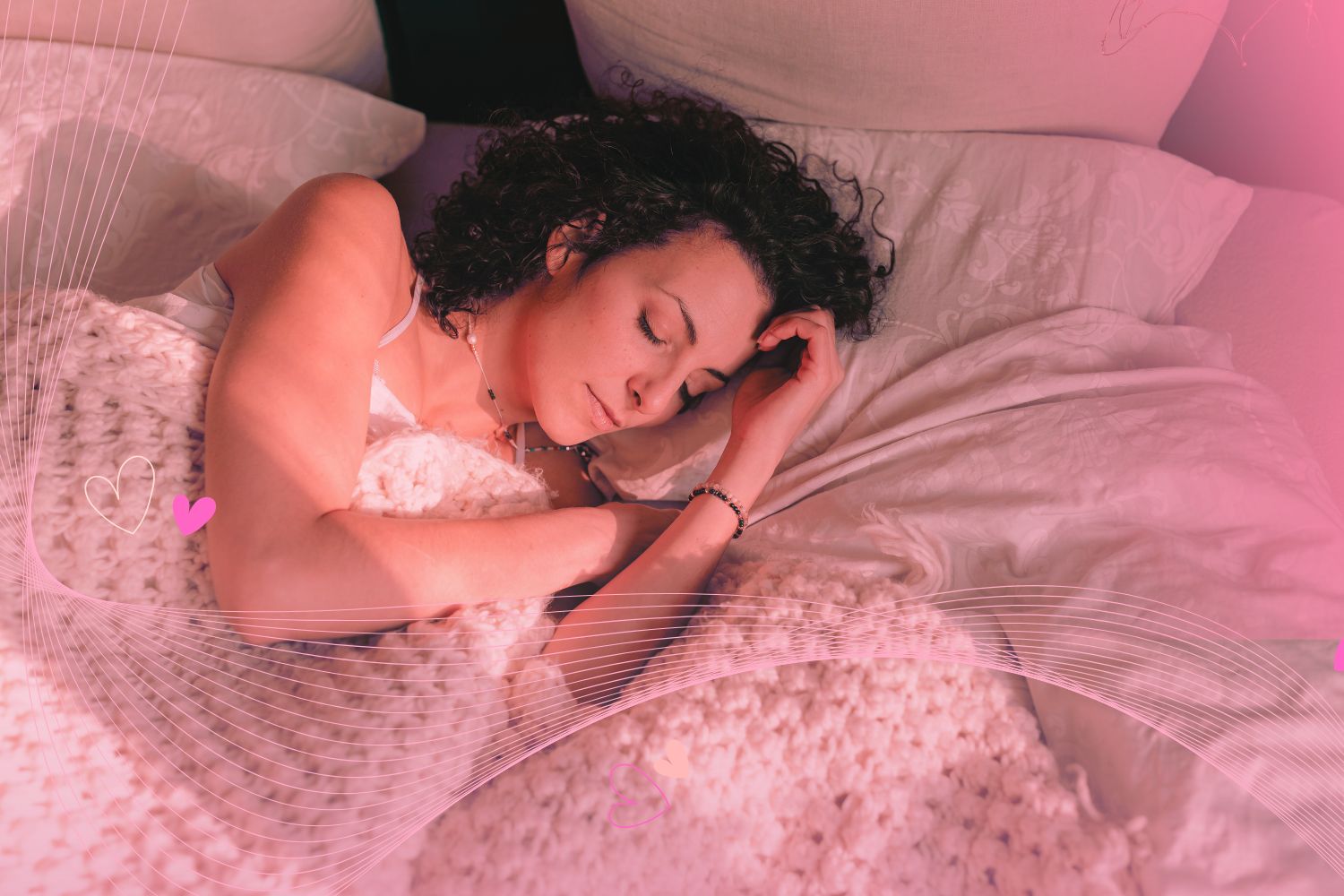
Vitamin D and Your Sleep
According to the National Library of Medicine, Vitamin D deficiency is the most common medical condition worldwide, affecting roughly one billion people. That includes 42% of US adults. These are startling figures, given the importance of vitamin D to our physical and mental health—and of course, to our ability to get quality sleep. In this post we’ll look at the role vitamin D plays in keeping us out of the doctor’s office—as well as the importance of vitamin D for sleep.
As you will see, getting sunshine is the easiest way to ensure an adequate supply of vitamin D—so we can sleep better—and live fuller lives.
Here's what we'll cover...
- The Role Vitamin D Plays in Your Health
- Why We Need Vitamin D for Sleep
- Vitamin D and Sleep Regulation
- Symptoms of Vitamin D Deficiency
- Causes of Vitamin D Deficiency
- How to Get enough Vitamin D for Sleep
- Vitamin D-Rich Foods
- Vitamin D Supplements

Focus on getting 15 minutes of sunshine each day to improve your sleep quality.
Vitamin D and Your Health
Vitamin D is an essential nutrient for full body function. Not only does it help the body absorb calcium and phosphorus for proper bone development—it also plays a critical role in immune support and cell regeneration. Vitamin D is important to muscle function,and cardiovascular and respiratory function as well. And it is increasingly recognized for its effects on brain health—most recently, concerning dementia.
A team at the University of South Australia studied 295,000 participants from the UK Biobank to investigate the link between vitamin D and the risk of dementia & stroke. The report confirmed low levels of vitamin D to be associated with lower brain volumes. Additionally, it showed higher risk for dementia and strokes. It also suggests up to 17% of dementia cases could be prevented by normalizing a person’s vitamin D levels.
The importance of vitamin D for sleep lies in its critical effect on our sleep cycle regularity. Low vitamin D levels disrupt one's ability to sleep well. And as we know, insufficient sleep also takes a toll on physical, mental and emotional health.
Why we need Vitamin D for Sleep
Brain Interferences
Neurologist and Sleep Coach, Dr Stasha Gominak has treated more than 7,000 patients with her “Sleep Repair” approach. Her research suggests lack of vitamin D causes impairment in the brain stem’s ability to produce normal sleep. Failure to get healthy, uninterrupted sleep, increases the risk of developing chronic sleep disorders. It's critical we make sleep a priority.
Dr Gominak also points out that “vitamin” D is a hormone. This means that like thyroid, estrogen or testosterone, vitamin D affects multiple parts of the body. Dr Gominak instructs us to take care not to view vitamin D as “extra.” If instead, we recognize it as an essential element in overall health maintenance, we'll be rewarded with better sleep as well.

Painful conditions can result in sleep disruptions including fragmented sleep and non-restorative sleep.
Pain Sensitivity
Sleep disruptions cause increased sensitivity to pain—sometimes they even trigger the painful conditions that cause us to be uncomfortable and unable to rest well. Fragmented sleep and non-restorative sleep are often attributed to these pain-related sleep disruptions. Frequently studied pain-related conditions known to regularly affect sleep cycles include:
- Cardiac diseases
- Dysmenorrhea
- Fibromyalgia
- Low back pain
- Lupus
- Rheumatoid arthritis
Supplementing vitamin D in these cases can help alleviate the stress caused by the bidirectional relationship between chronic pain and sleep disorders. Make sure to get your daily dose of sunshine—and try modifying your diet to include more D-rich food sources so you can start sleeping better.
Sleep Disruptions
Vitamin D receptors, and the enzymes that control their activation and degradation, are expressed in several areas the brain uses to regulate sleep. It is common for us to have sleep pattern changes but these alterations to our sleep cycles create physiological impairments that lead to increased risk for conditions including:
- Compromised immunity
- Cardiovascular disease
- Impaired cognitive function
Vitamin D and Sleep Regulation
Vitamin D is involved in the production of Melatonin, the hormone that helps regulate human circadian rhythms. This is how your natural sleep-wake cycle is governed. The cycle repeats every 24 hours, signaling your body to feel sleepier at nighttime and to be more alert in the daytime.
When this cycle is disrupted, it disorders your sleep, causing excessive daytime sleepiness, lack of focus, irritability—and may eventually lead to depression. Lack of vitamin D can also lead to sleep disruptive conditions that interfere with your sleep cycle including Obstructive Sleep Apnea and Restless Leg Syndrome.

Disrupted sleep can cause excessive daytime sleepiness, lack of focus, irritability…
Symptoms of Vitamin D Deficiency
Muscle weakness and muscle pain in the legs, spine, and pelvis are common symptoms of vitamin D deficiency, along with skin issues and hair loss. You may first notice you feel extremely fatigued, even dizzy, and that you’re more prone to getting colds and flu—and take longer to recover from illness or injuries.
Vitamin D deficiency is a serious condition. Make sure to address any issues swiftly to avoid serious health complications such as osteoporosis or other bone disease.
Better yet, be proactive and start getting more vitamin D naturally through sunlight and nutrients before you begin seeing symptoms. Or if you’re already concerned, check with your doctor to see if you may need to begin a supplement regimen.
Left untreated, a Vitamin D deficiency will negatively impact your sleep, your general health, and may lead to a need for surgery.
Causes of Vitamin D Deficiency
The #1 cause of vitamin D deficiency is a lack of exposure to sunlight so we see increased deficiency rates in the winter months and need to remind ourselves to get some sun on the days we can. Because Vitamin D is naturally produced in our bodies when our skin comes into contact with the sun’s UVB rays, sunlight is the body’s primary Vitamin D resource.
Spending just a short time in the sun provides the body with all of the vitamin D it needs for the day. The Vitamin D Council says this could be 15 minutes for a person with light skin.
To a lesser degree, we also obtain vitamin D from our food supply. It is wise, to make vitamin D-rich foods part of our diet, but without exposure to sunlight, we’re not able to meet the minimum requirement needed for good sleep and good health. This presents problems in our modern-day world where urbanization has led to us spending more time indoors than our ancestors.

The #1 cause of vitamin D deficiency? Lack of exposure to sunlight.
Learn to Un-block the Sun
UVB rays don’t penetrate windows. When we’re indoors or in our cars, we may still enjoy seeing the sunlight, but the vitamin D benefit is blocked. And, when we do venture out, we’re often covered head-to-toe between our clothing, hats, glasses and sunscreens. Our skin needs to be touched by the sunlight—it isn’t enough to just be outside. Simply expose the skin on your forearms, legs or feet. And remember, it takes as little as 15 minutes a day to maintain adequate vitamin D levels!
Important note: Melanin in the skin can also be a barrier to getting enough vitamin D. People with darker skin tones may require a little more exposure to the sun as their skin acts as a natural sunscreen. If this is you, ask your doctor to recommend a healthy sun regimen for getting your vitamin D.
Remember, getting adequate vitamin D for sleep leads to a better quality of life.
Other Vitamin B Deficiency Risk Factors
Additional at-risk factors for being vitamin D deficient include being older, being a female, absence of vitamin D-fortified foods and cultural practices of sun-avoidance or wearing traditional dress that completely covers the skin. The presence of the following conditions/factors also pose risk due to the way they inhibit the body’s ability to absorb, access, or process vitamin D:
- Celiac disease
- Crohn’s disease
- Kidney disease
- Medication interference
- Smoking
How to get enough Vitamin D for Sleep
Let the Sunshine in!
We talk a lot about making sleep a priority—and to do that, you really need to make sure you’re getting your vitamin D. There’s no better—or faster, way to make sure you’re getting enough of the “sunshine” vitamin, than to get out in the sun. Schedule 15 minutes each day for a sun kissed sleep-booster. Your body and mind can use the break, and they will thank you!

Vitamin D-Rich Foods
Depending on your location, you may find sunny days in short supply for long stretches. Not consuming enough vitamin D in your diet can also lead to a deficiency, and you’re more likely to see the effects when you’re also missing out on the sunlight.
Boost your intake of vitamin D-rich foods to help get you through the dreary days that keep you indoors. These food sources pack a vitamin D punch:
- Cod liver oil & fatty fish
- Dairy foods
- Eggs
- Liver & Red meat
- Mushrooms
- Orange juice
Vitamin D Supplements
Always research before adding supplements to your health regimen. Taking supplements to supplement your sleep can be helpful when you do it wisely. With vitamin D, you need to know your current vitamin D blood level before beginning your regimen. Then, you will need to see how your body responds to the prescribed dosage.
Make sure to work with your doctor as getting too much vitamin D is as bad as getting too little. It is possible to overdose on vitamin D because your body doesn’t immediately eliminate the excess as it would with one of the true vitamins, like vitamin C (as mentioned above, vitamin D is technically not a vitamin but a hormone.)
Make Sleep a Priority!
Now that you know more about the importance of vitamin D for sleep, make sure you’re getting your daily dose. Take care of your sleep and it will help take care of you!
Wishing you sunny days and all the best sleep…

































